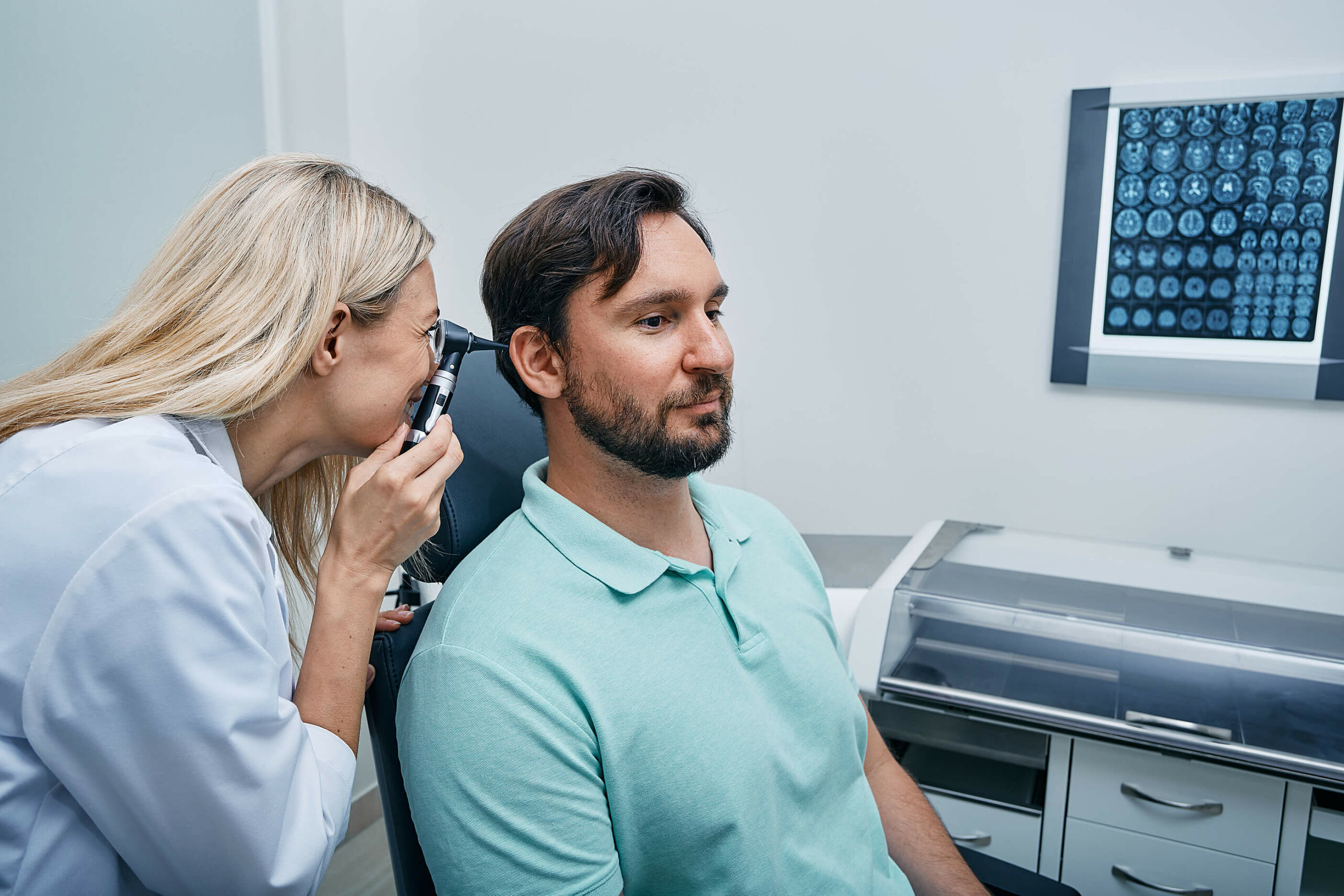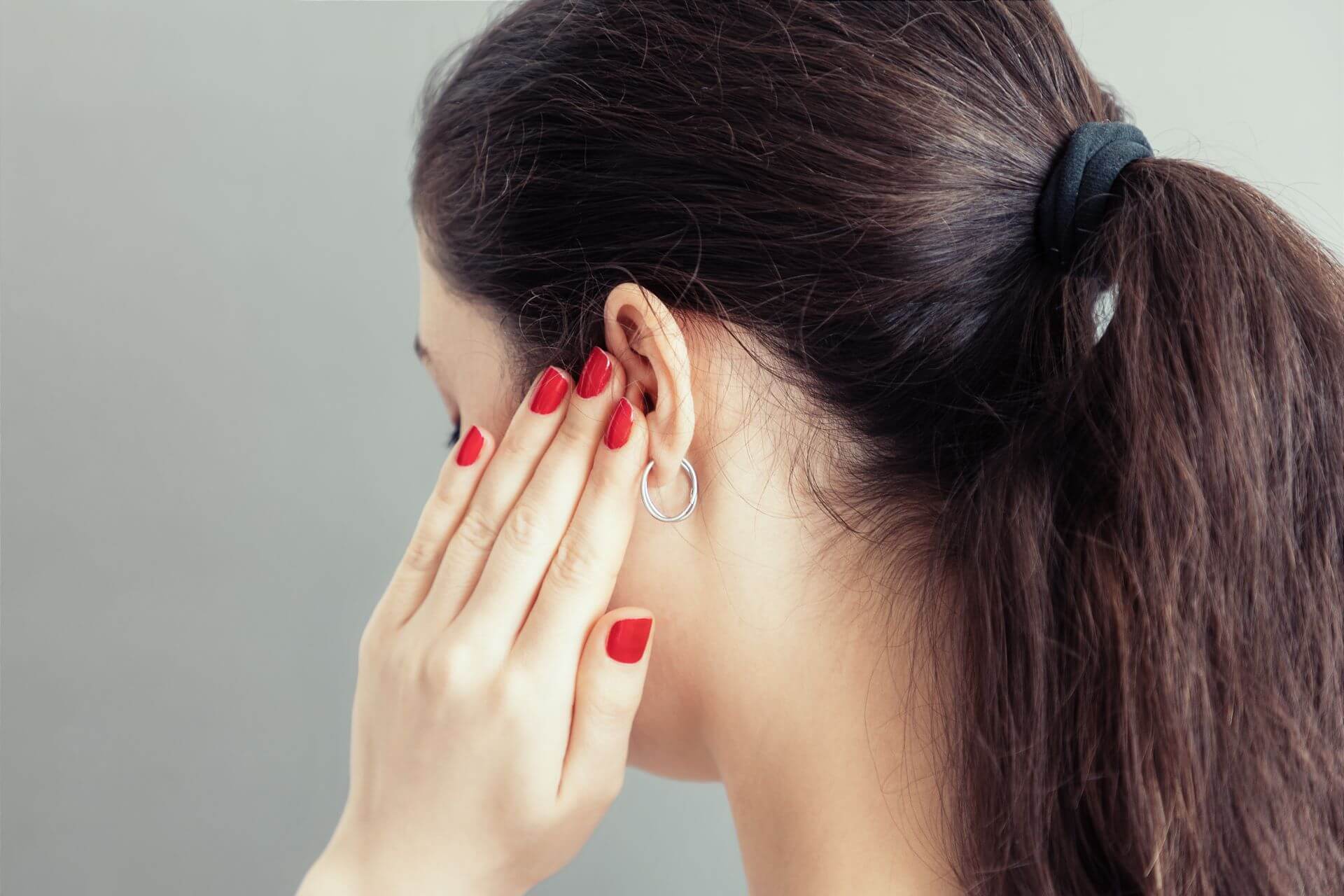Hearing Loss Overview

What Are Symptoms of Hearing Loss?
Hearing loss can manifest in a variety of ways, and recognizing the symptoms early is crucial for timely intervention. Common signs of hearing loss include:
- Difficulty understanding speech, especially in noisy environments.
- Frequently asking others to repeat themselves.
- Turning up the volume on electronic devices excessively.
- Misunderstanding conversations or responding inappropriately.
- Feeling isolated or experiencing social withdrawal due to communication challenges.
If you or someone you know is displaying any of these symptoms, it's recommended to seek professional guidance promptly.
Get in Touch
How Is Hearing Loss Diagnosed?
Diagnosing hearing loss involves a series of comprehensive assessments conducted by a licensed audiologist. These assessments may include:

- Audiometric Testing: This involves wearing headphones and responding to various tones and speech sounds.
- Speech Recognition Testing: Measures the ability to understand spoken words at different volume levels.
- Tympanometry: Evaluates the health and mobility of the eardrum and middle ear.
- Otoscopy: Examination of the ear canal and eardrum for any visible abnormalities.
Based on the results of these tests, the hearing specialist can determine the degree and type of hearing loss, which is crucial for developing an appropriate treatment plan.
Contact Us

What Are the Types of Hearing Loss?
Hearing loss can be categorized into several types, each with its underlying causes and characteristics:
- Sensorineural Hearing Loss: Caused by damage to the inner ear or auditory nerve, often resulting from aging, noise exposure, or genetic factors.
- Conductive Hearing Loss: Occurs when sound waves cannot reach the inner ear due to issues in the outer or middle ear, such as earwax buildup or middle ear infections.
- Mixed Hearing Loss: A combination of both sensorineural and conductive hearing loss.
- Central Hearing Loss: Involves damage to the central auditory pathways in the brain, affecting the processing of sound information.
Contact Us

Noise-Induced Hearing Loss
One of the most preventable types of hearing loss is noise-induced hearing loss (NIHL), which results from prolonged exposure to loud sounds. This can include occupational noise, recreational activities like concerts, or even regular use of headphones at high volumes. Protecting your hearing by using earplugs or earmuffs in noisy environments and limiting exposure to loud sounds can significantly reduce the risk of NIHL.
Contact Us

Hearing Loss Prevention
Protecting your hearing health is essential for maintaining a high quality of life. Here are some preventive measures you can take:
- Use Ear Protection: Whenever you are exposed to loud noises, such as construction sites or concerts, use earplugs or earmuffs to minimize the risk of hearing damage.
- Control Volume Levels: When using headphones or earbuds, keep the volume at a safe level to prevent damage to your ears.
- Regular Check-ups: Schedule regular appointments with an audiologist for hearing screenings, especially if you're at risk due to age, occupation, or other factors.
- Healthy Lifestyle: A well-balanced diet, regular exercise, and managing underlying health conditions can contribute to overall hearing health.
Understanding the symptoms, diagnosis, types, and preventive measures of hearing loss is crucial for maintaining optimal auditory well-being. By being proactive and informed, you can take the necessary steps to protect and preserve your hearing for years to come. If you suspect hearing loss, don't hesitate to contact us for professional guidance and personalized care.
Get in Touch
What Our Clients Say
Schedule an Appointment
